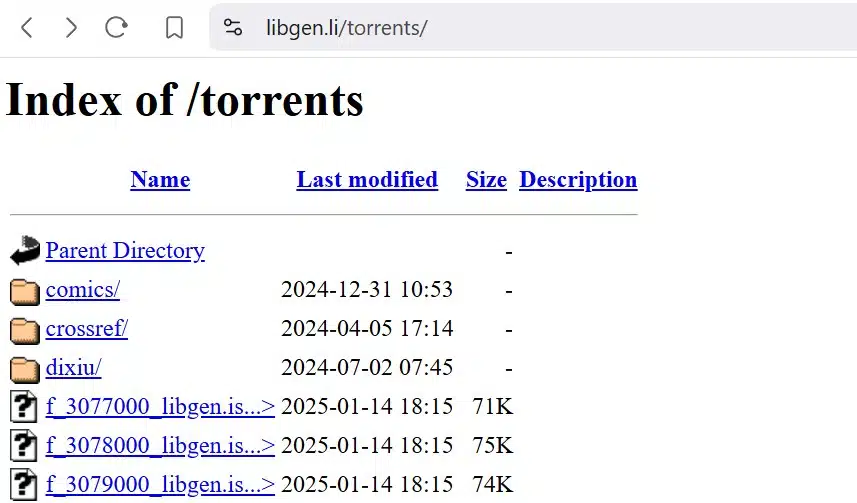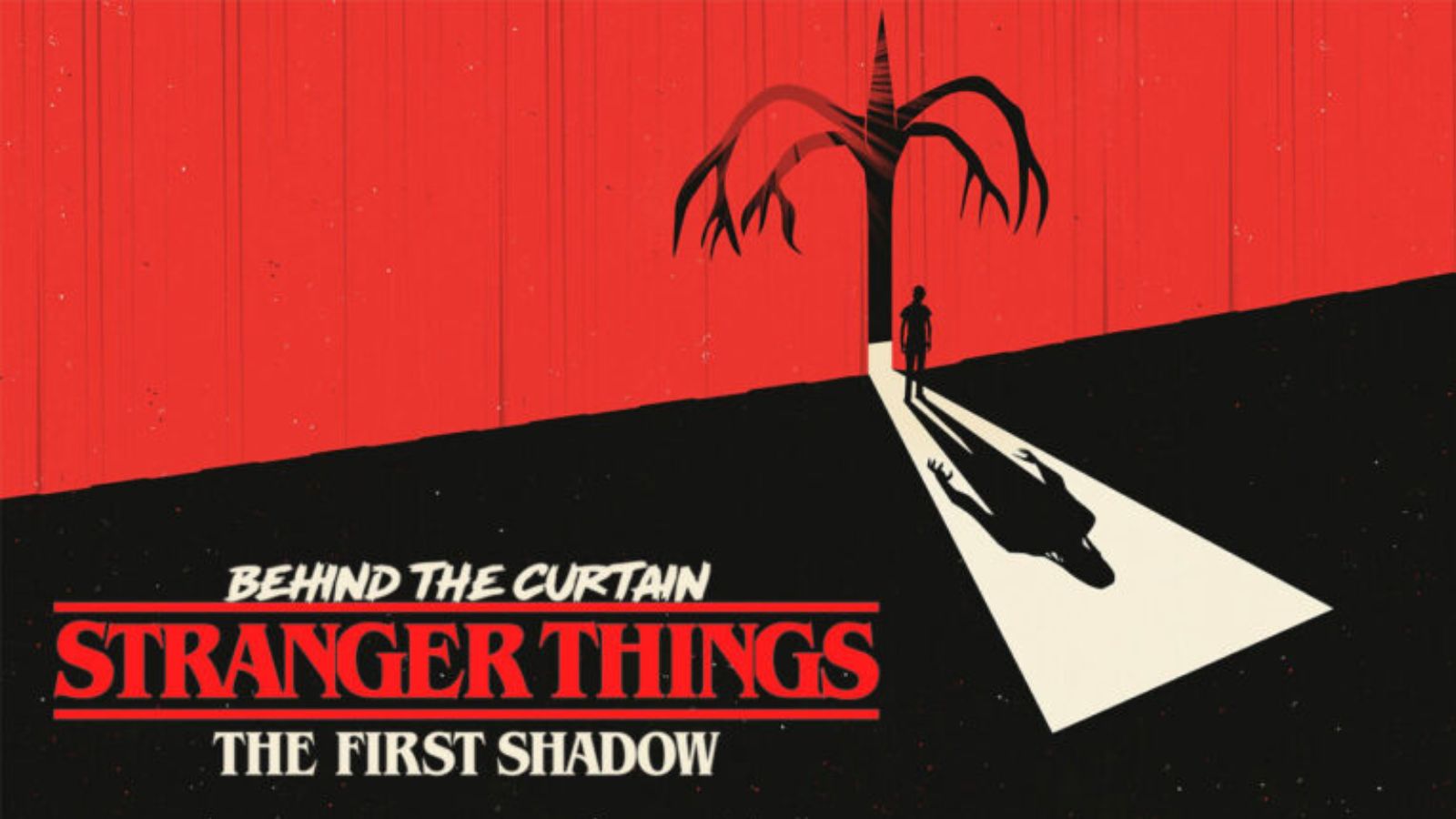
Meta’s Torrent Client Logs and Seeding Data Requested by Authors in AI Copyright Investigation
- An AI copyright investigation accuses Meta of pirating books via Torrents for AI training.
- The investigation alleges the company knowingly downloaded and shared copyrighted books from LibGen via BitTorrent.
- Book authors requested torrent client logs and seeding information to verify these claims.
Meta now faces intensified scrutiny as book authors request torrent client logs and "seeding data" from the tech giant amid accusations that Facebook’s parent company illegally downloaded and shared pirated books via BitTorrent to enhance its AI capabilities.
The social media giant is already embroiled in multiple lawsuits over alleged misuse of copyrighted material to train its AI models.
Over the past two years, advancements in AI, particularly in large language models, have raised questions about the ethical and legal boundaries of training datasets. Such models thrive on vast quantities of textual data, and lawsuits began surfacing as artists, musicians, journalists, and authors accused companies of copyright infringement.
A legal battle is now unfolding between authors and Meta, with new allegations that Meta leveraged BitTorrent to access copyrighted material knowingly. According to the plaintiffs, Meta downloaded books from LibGen and, by using the BitTorrent protocol, shared these files with other users—an inherent feature of torrenting.
The plaintiffs' amended complaint, approved by United States District Judge Vince Chhabria, asserts that Meta facilitated the distribution of pirated books by "seeding" files. The court also authorized further testimony on whether such torrenting supports claims of willful copyright infringement or counters Meta's defense under fair use.
With the court’s acknowledgment of the relevance of BitTorrent activities, authors have filed a motion seeking reconsideration of earlier rulings to deny discovery of Meta’s torrenting records. Specifically, the plaintiffs are demanding disclosure of BitTorrent client logs, peer lists, and seeding data to establish the scale of Meta’s alleged distribution of copyrighted works.
The filing also highlights concerns that Meta, with the involvement of its legal counsel, obtained pirated works knowingly and tried to conceal its actions. An internal communication from a Meta employee reportedly expressed unease, stating, “torrenting from a corporate laptop doesn’t feel right.”
While Meta maintains that its use of copyrighted works falls under fair use by being “transformative” without competing with the original market, the plaintiffs argue that the torrenting and seeding allegations introduce a separate and significant layer of copyright infringement.
The expanded complaint raises questions about Meta possibly functioning as a distributor of pirated texts, an accusation that diverges from its typical fair use arguments regarding training AI models. If proven, the claims could present substantial challenges to Meta’s legal defense.












